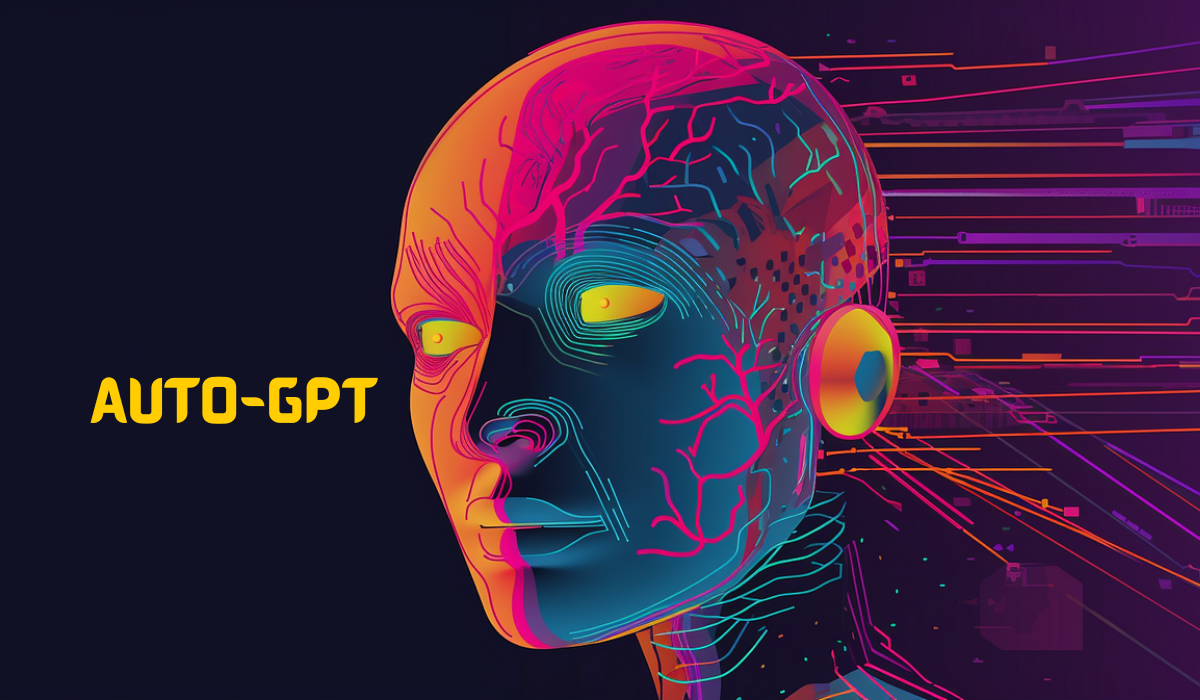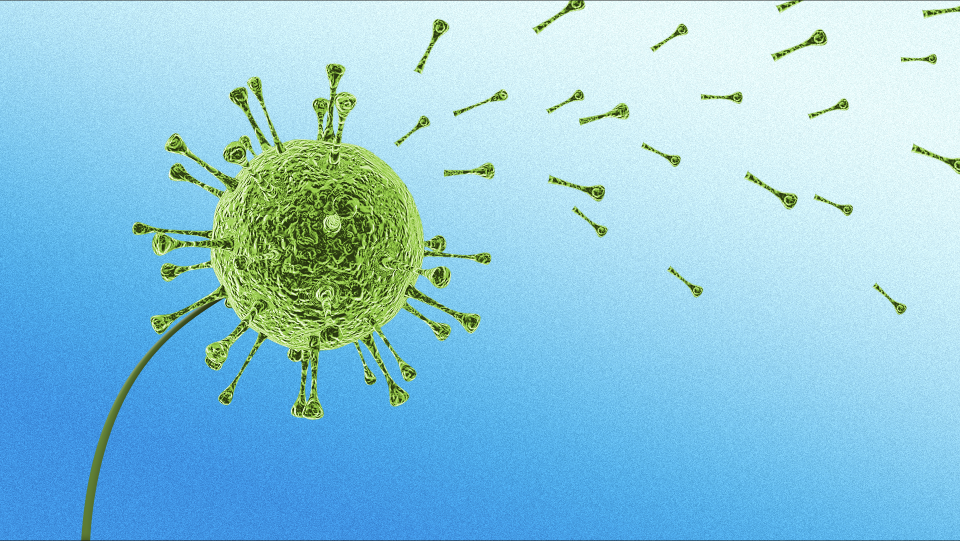How AI's "Learning" Differs From Human Learning: The Path To Responsible AI

Table of Contents
Data Dependence vs. Experience-Based Learning
AI's Reliance on Big Data
AI algorithms, particularly deep learning models, are voracious consumers of data. They learn by identifying patterns and correlations within massive datasets. This "learning" is fundamentally different from human learning because it's entirely data-driven.
- Requires vast amounts of labeled data for supervised learning: Training sophisticated AI models often requires millions, or even billions, of meticulously labeled data points. This data labeling process is time-consuming, expensive, and prone to human error.
- Vulnerable to biases present in the training data: If the training data reflects existing societal biases (e.g., gender, racial), the AI system will likely perpetuate and even amplify those biases in its outputs. This is a major concern in applications like facial recognition and loan applications.
- Struggles with generalization to unseen data or situations significantly different from the training data: AI models can perform exceptionally well on data similar to their training data but often falter when confronted with novel or unexpected situations. This lack of robust generalization is a significant limitation.
Human Learning's Holistic Approach
Human learning is far more nuanced and adaptable. We don't require massive datasets to learn; instead, we learn through a diverse range of experiences and interactions.
- Incorporates prior knowledge and context: Humans leverage their existing knowledge and understanding of the world to interpret new information and make connections. This contextual understanding is crucial for effective learning.
- Adapts to new situations with limited data: We can readily adapt to unfamiliar circumstances and learn from limited data points through inference, reasoning, and creative problem-solving.
- Can learn from both successes and failures through introspection and reflection: Humans are capable of self-reflection and metacognition, allowing us to analyze our experiences, identify errors, and improve our learning strategies. AI currently lacks this capacity for self-improvement.
The Role of Intuition and Creativity
AI's Algorithmic Limitations
Current AI systems, despite their impressive capabilities, lack genuine intuition and creativity. They operate based on pre-programmed algorithms and statistical patterns identified within the training data.
- Limited capacity for original thought and innovation: AI excels at pattern recognition and optimization but struggles to generate truly novel ideas or solutions outside the scope of its training data.
- Relies on pre-defined rules and parameters: AI systems operate within the constraints of their programming and the data they are trained on. They cannot independently deviate from these parameters.
- Cannot easily adapt to ambiguous or undefined tasks: Human learning often involves dealing with ambiguity and uncertainty. AI struggles with such tasks, requiring clear, well-defined instructions and goals.
Human Capacity for Innovation
Humans possess an innate capacity for creativity and intuitive leaps of understanding. We can generate original ideas, solve problems in unexpected ways, and learn from unexpected situations.
- Capable of abstract thought and hypothetical reasoning: We can engage in abstract thought experiments, formulate hypotheses, and test different scenarios, leading to innovative solutions.
- Can adapt to new situations and learn from limited information: Humans can quickly adjust to novel circumstances with minimal data, using our existing knowledge and intuition to guide our actions.
- Possesses emotional intelligence, influencing learning and decision-making: Emotions play a significant role in human learning and decision-making, influencing our motivations, risk assessment, and problem-solving approaches. This emotional intelligence is currently absent in AI.
Ethical Considerations and Responsible AI Development
Bias and Fairness in AI
The data-driven nature of AI learning makes it highly susceptible to biases present in the training data, potentially leading to unfair or discriminatory outcomes. Addressing this bias is a paramount concern.
- Mitigation strategies include careful data curation, algorithmic fairness techniques, and human oversight: Developing robust methods to identify and mitigate bias in AI systems is crucial for ensuring fairness and equity.
- Transparency and explainability in AI models are essential for detecting and correcting biases: Understanding how an AI system arrives at its conclusions is critical for identifying and addressing potential biases.
Human Oversight and Control
Given the inherent limitations of AI learning compared to human learning, maintaining appropriate levels of human oversight and control is paramount for responsible AI development.
- Human-in-the-loop systems allow humans to intervene and correct AI errors: Integrating human oversight into AI systems ensures that AI decisions are reviewed and corrected when necessary.
- Establishing clear ethical guidelines and regulations for AI development and deployment is crucial: Robust ethical frameworks and regulations are needed to guide the development and deployment of AI systems, ensuring they are used responsibly and ethically.
Conclusion
While AI has made remarkable progress in "learning," it remains fundamentally different from human learning. AI's reliance on vast datasets, algorithmic constraints, and susceptibility to bias necessitate a careful and responsible approach to its development and deployment. Understanding the distinctions between AI learning vs. human learning is not just an academic exercise; it's crucial for ensuring that AI benefits humanity while mitigating potential risks. Let's continue the conversation on responsible AI development and explore further the intricacies of AI learning vs. human learning to build a future where AI augments human capabilities ethically and effectively. The future of AI hinges on our understanding of AI learning vs human learning, and proactively addressing the ethical implications.

Featured Posts
-
 Understanding The Good Life A Holistic Perspective
May 31, 2025
Understanding The Good Life A Holistic Perspective
May 31, 2025 -
 Miley Cyrus Ja Bruno Mars Plagiointisyytteiden Uusi Kaeaenne
May 31, 2025
Miley Cyrus Ja Bruno Mars Plagiointisyytteiden Uusi Kaeaenne
May 31, 2025 -
 Orange County High School Sports Friday May 23rd Game Results And Player Statistics
May 31, 2025
Orange County High School Sports Friday May 23rd Game Results And Player Statistics
May 31, 2025 -
 Katastrophenfall Am Bodensee Grossuebung Der Einsatzkraefte In Hard
May 31, 2025
Katastrophenfall Am Bodensee Grossuebung Der Einsatzkraefte In Hard
May 31, 2025 -
 Concerning Uptick New Covid 19 Variant Fuels Case Rise In Multiple Countries
May 31, 2025
Concerning Uptick New Covid 19 Variant Fuels Case Rise In Multiple Countries
May 31, 2025
